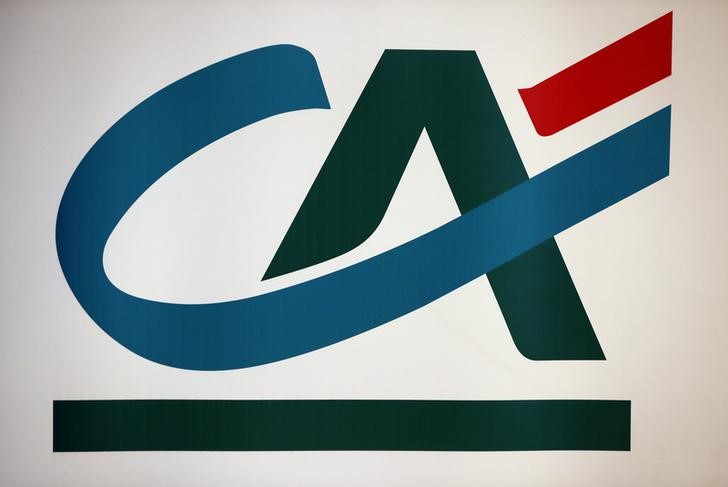By Maya Nikolaeva and Jonathan Saul
PARIS (Reuters) - Credit Agricole (PA:CAGR) CIB, which has a shipping portfolio worth $15 billion, is likely to set aside extra provisions this year to cover potential losses after the sharp downturn in the industry, a senior official at bank said.
Thibaud Escoffier, head of shipping and offshore finance at the lender's corporate and investment banking unit, said it was too early to say how large the provisions would be, adding that the shipping book would "continue to be properly marked".
Parts of the shipping industry are suffering their deepest downturn ever as international trade slows and freight rates fall in a market flooded with new vessels.
This has left German banks – among the biggest backers of ship owners – struggling in particular to recoup tens of billions of dollars in loans.
Escoffier said Credit Agricole would not expand its exposure to the industry at a time when Germany's Commerzbank (DE:CBKG) cuts its shipping business and RBS (L:RBS) winds down its own portfolio in the sector.
"This year will probably be a year when we are going to register an increase in our specific provisions in shipping," Escoffier told Reuters in an interview late on Thursday, referring to provisions against bad loans.
A third of Credit Agricole CIB's shipping portfolio comprises export credit guarantees. The portfolio is almost evenly split between cruise ships, dry bulk vessels, oil tankers and gas carriers.
"Our ability to weather the ongoing downturn is, as a result, somewhat different from other European shipping banks, since our exposure to the container ship market by nature is small, or to the offshore market downturn, where we have never been big," Escoffier said.
Tough market conditions led to the collapse of South Korean container line Hanjin last month, leaving an estimated $14 billion (10.80 billion pounds) in cargo stranded on its ships.
The departure of some of the sector's biggest lenders might leave a lending gap for ship financing in the future, which could be filled by institutional investors looking for higher-yielding assets when interest rates are at record lows.
Escoffier said the industry is facing a shift in the way financing is sourced, as financial regulators apply stricter capital rules that put pressure on profitability and limit lenders' ability to participate in shipping deals.
"Probably with the new layers of regulation being imposed on conventional banks and structured finance players... the leverage that traditional shipping banks would be able to provide on the whole will come down," Escoffier said.
"We expect to see a certain type of institutional investor through loan funds coming in and to work together with traditional shipping banks through credit funds," Escoffier said.

In a signal of the change, shipping lender Danish Ship Finance said on Wednesday its major shareholders A.P. Moller-Maersk (CO:MAERSKb), Danske Bank (CO:DANSKE) and Nordea Bank (CO:NDA) would sell their stakes to a consortium of Danish investment funds including pension funds.